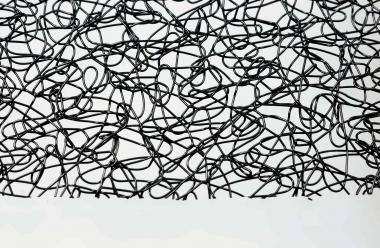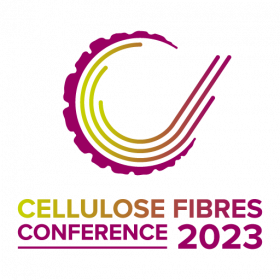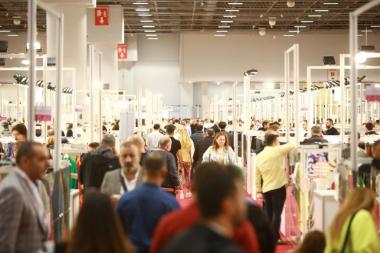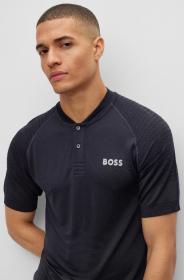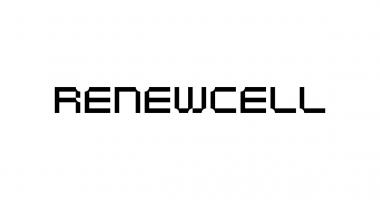Freudenberg Performance Materials presents range of solutions for the composites industry at JEC 2023
Freudenberg Performance Materials (Freudenberg) will present surfacing veils and core materials for lightweight fiber reinforced plastic (FRP) parts at JEC in Paris, France. Freudenberg will also be showcasing Enka® Solutions flow media and spacers for efficient vacuum infusion, resin transfer and foam injection molding processes for applications in the composites industry, etc. at the international composites show.
Freudenberg’s solutions for the FRP industry include a variety of glass, PAN and PET nonwovens, as well as core materials for the production of lightweight fiber reinforced plastic parts. These products are designed for anti-corrosion coatings in piping and tank construction, smooth UV resistant surfaces for facade panels, and other applications for a diverse range of end products. Products made from fiber reinforced plastics must be equipped with surfacing veils to provide abrasion resistance, corrosion resistance, smooth surfaces and mechanical strength. Freudenberg offers high-tech nonwovens that can meet these challenges.
Enka® Solutions products are characterized by their typical 3D entangled polymeric filament structures. Thanks to this structure, they are exceptionally suitable as flow media and spacers when producing composite materials.
Freudenberg Performance Materials Holding SE & Co. KG


